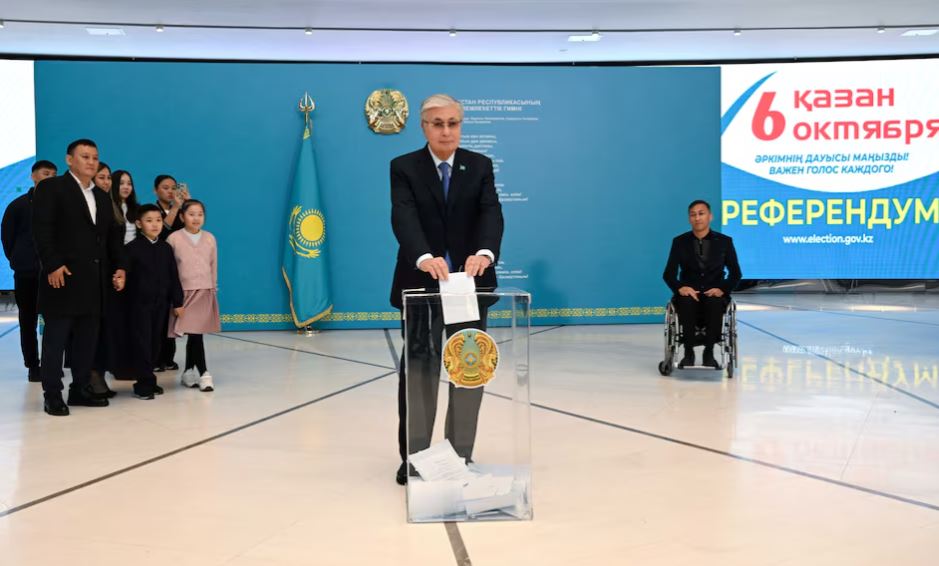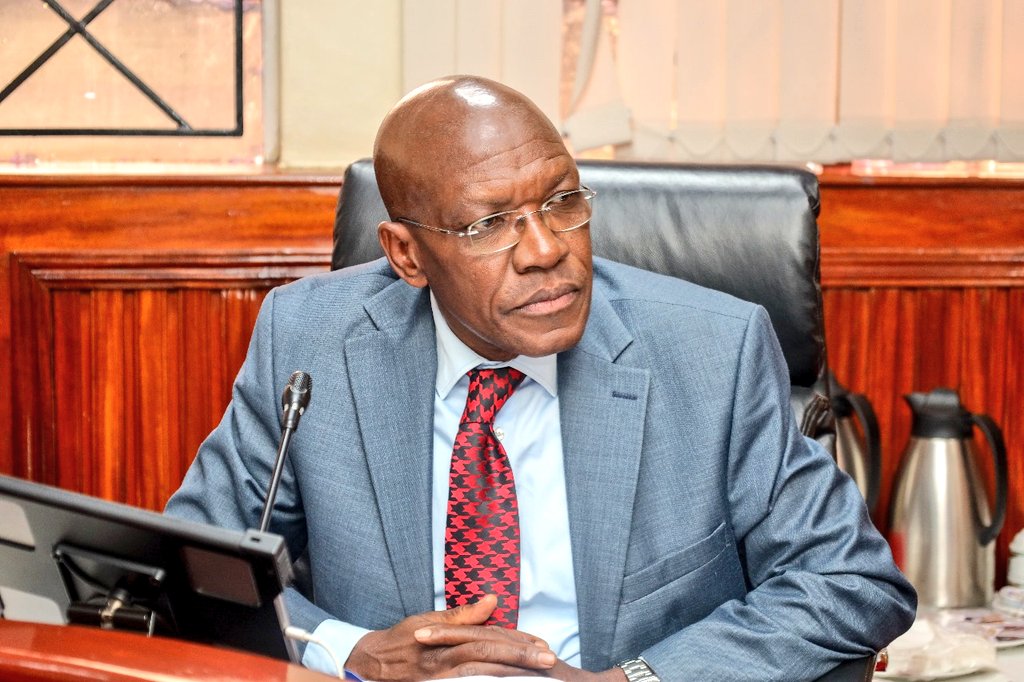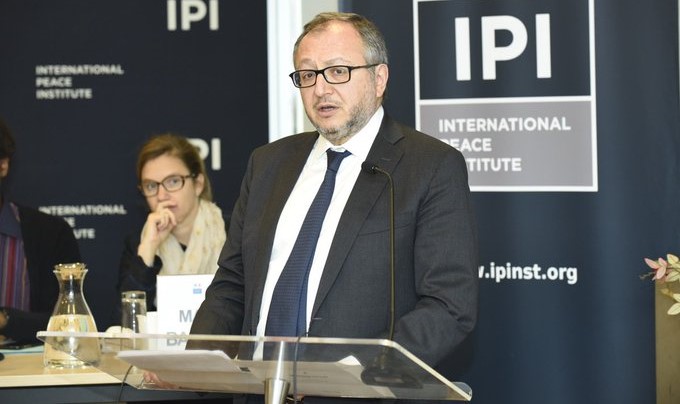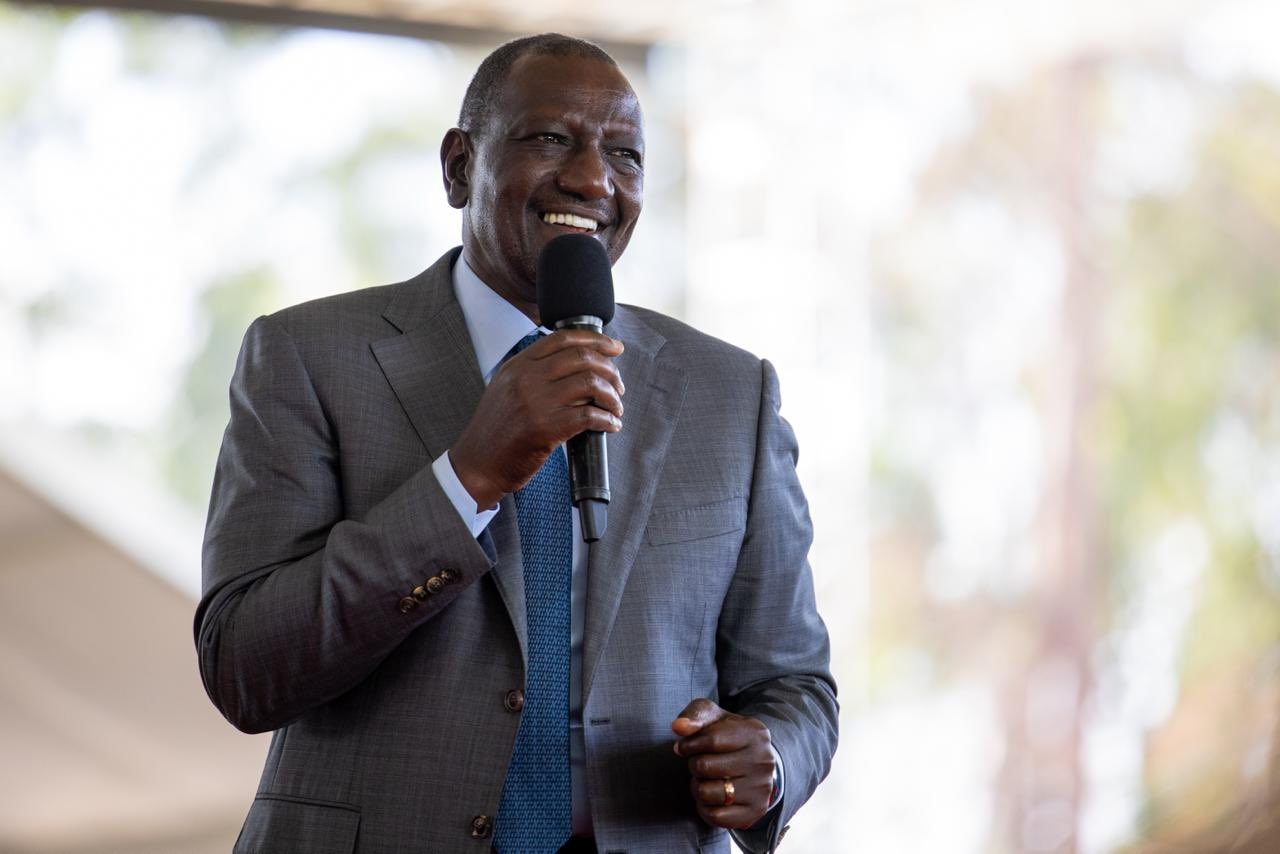Kazakhstan votes on whether to build first nuclear plant

The plan has faced public criticism on concern over any related hazards, the Soviet nuclear testing legacy, and fears that Russia will be involved in the project.
Kazakhstan voted in a referendum on Sunday on whether to build its first nuclear power plant, an idea promoted by President Kassym-Jomart Tokayev's government as the Central Asian nation seeks to phase out polluting coal plants.
The plan has faced public criticism on concern over any related hazards, the Soviet nuclear testing legacy, and fears that Russia will be involved in the project.
More To Read
- Iran boycotts 2026 World Cup draw after US denies visas to delegation
- Over 150 Palestinian refugees finally disembark in South Africa after nine-hour airport ordeal
- Africa’s rapid drone expansion promises high-tech warfare but struggles to achieve strategic results
- Crimes against children in conflict surge to worst-ever level in 2024 - report
- Kenyan Muslims plant 10,000 trees at Uhuru Park in solidarity with Palestine
- ICJ tells Israel to let UN aid flow into Gaza – but UN’s own failures throughout the war loom large
Almost 64% of registered voters cast their ballots by 8 p.m. local time (1500 GMT) when the polling stations closed, the Central Election Commission said, making the vote valid. It will announce the preliminary results on Monday.
"I have come to the conclusion that the decision to build the nuclear power plant, and to build it with (Russian state nuclear firm) Rosatom, has already been made in (Tokayev's office) and the people of Kazakhstan are being invited to polling stations as 'notaries' to authenticate this decision with their votes," popular blogger Vadim Boreiko wrote.
In the village of Ulken on the shores of Lake Balkash, in the southeast of the country, which the cabinet has designated as the site to build the plant, some locals hoped the project would bring jobs. Others expressed concern about the impact on the quality of the lake water.
"I support the power plant," said Dametken Shulgeyeva, who has lived in the village of 1,200 people for more than 20 years. "This is our future."
Despite its sizeable natural gas reserves, the Central Asian nation of 20 million relies mostly on coal-powered plants for its electricity, supplemented by some hydroelectric plants and the growing renewable energy sector.
Kazakhstan already imports electricity, mostly from Russia, as its facilities, many of which are old, struggle to meet domestic demand. And coal is regarded as the most polluting energy source.
 Kazakh President Kassym-Jomart Tokayev casts his vote during a referendum on the construction of a nuclear power plant, at a polling station in Astana, Kazakhstan, on October 6, 2024. (Photo Press Service of the President of Kazakhstan/Handout via REUTERS)
Kazakh President Kassym-Jomart Tokayev casts his vote during a referendum on the construction of a nuclear power plant, at a polling station in Astana, Kazakhstan, on October 6, 2024. (Photo Press Service of the President of Kazakhstan/Handout via REUTERS)Kazakh President Kassym-Jomart Tokayev casts his vote during a referendum on the construction of a nuclear power plant, at a polling station in Astana, Kazakhstan October 6, 2024. Press Service of the President of Kazakhstan/Handout via REUTERS
SOVIET LEGACY
The government says a reliable energy supply is needed to supplement renewable sources such as solar and wind power, and, since Kazakhstan is one of the world's biggest uranium producers, nuclear power is a logical choice.
"In order not to remain on the sidelines of global progress, we must use our competitive advantages," Tokayev said ahead of the vote.
The former Soviet republic, however, does not enrich uranium to the point where it can be used as fuel. The cabinet estimates that a nuclear power plant would cost Sh1.44 trillion ($10 billion) to Sh1.73 trillion ($12 billion) to build and expects contractors to secure the financing.
Critics say the same goal could be achieved with gas-powered plants, which, although they still use fossil fuels, are much less polluting than coal plants and come with less risk.
Kazakhstan was part of the Soviet Union in 1986 when the Chornobyl nuclear disaster occurred, and tens of thousands of Kazakhs took part in the subsequent clean-up operation that left many with lifelong health issues.
The country was also the site of hundreds of Soviet nuclear weapon tests, which have made swathes of land uninhabitable, led to disease among people in nearby areas, and made many people distrustful of anything nuclear.
Tokayev, who publicly cast his vote in the capital Astana, told reporters he had no single country or company in mind as a potential contractor.
"My personal vision on this matter is that an international consortium would need to work in Kazakhstan made up of global companies that possess the most advanced technologies," he said.
Top Stories Today













































